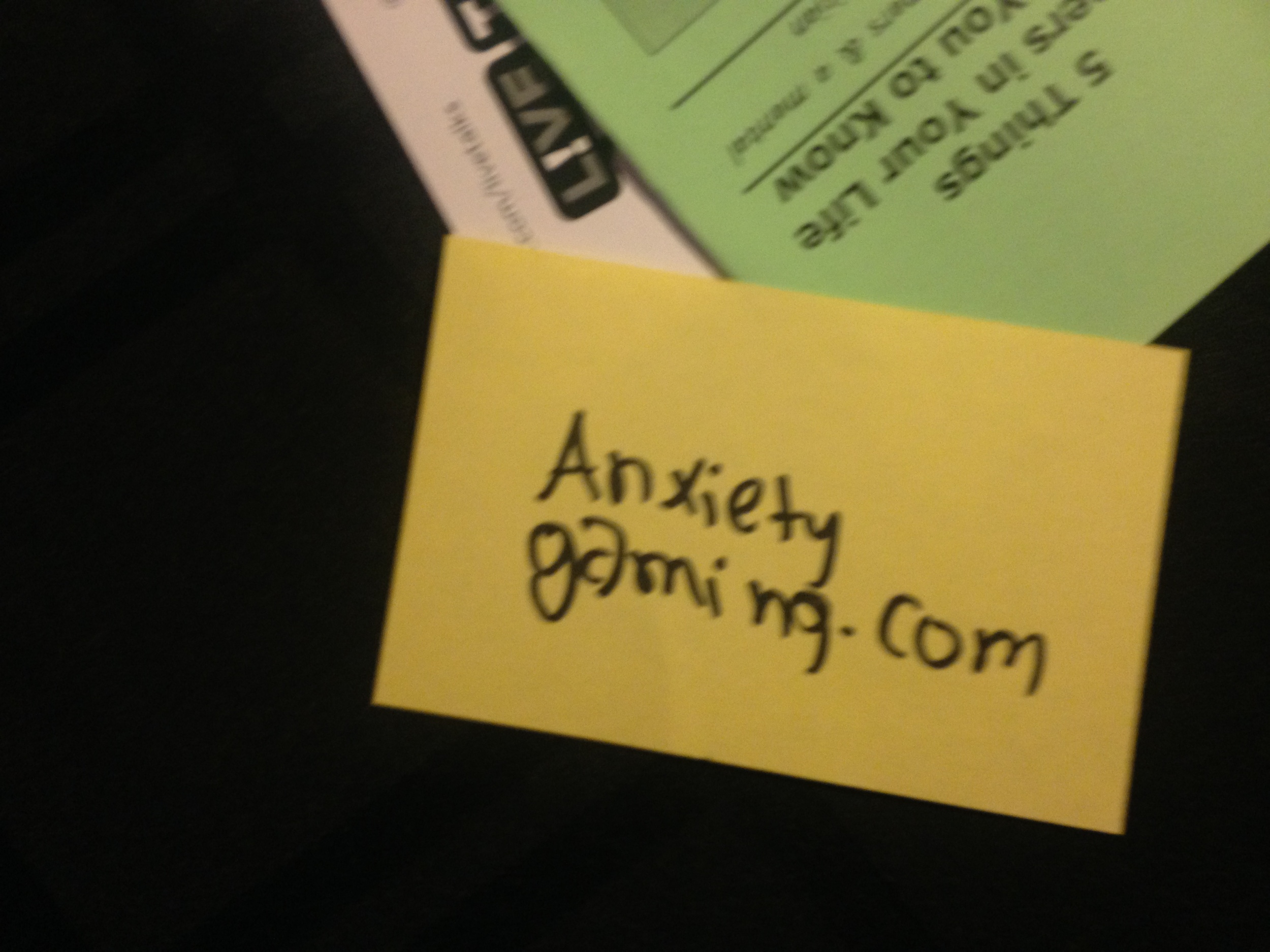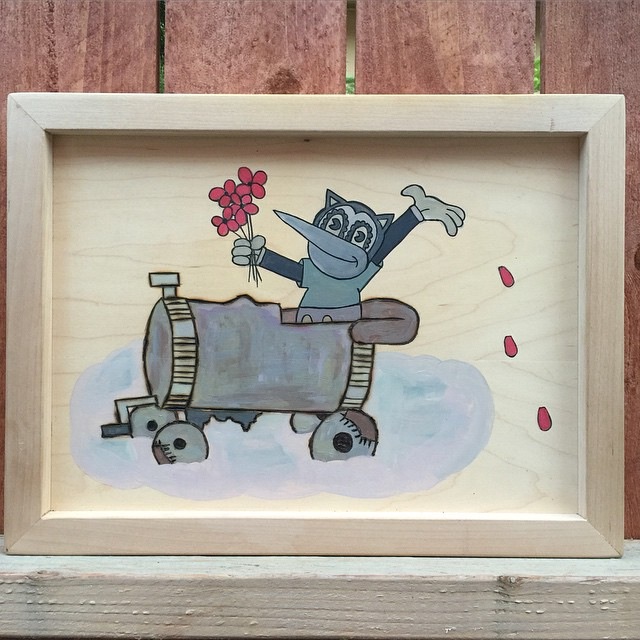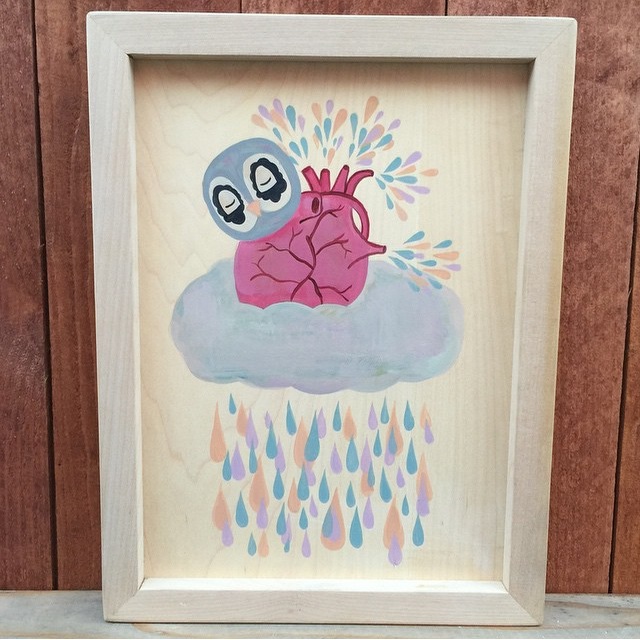What happens in therapy?
NOTE: I wrote this when I offered therapy as a service. I am now a coach so services are different, with overlaps.
Depending on the therapist answering, there will be a range of responses and theoretical orientations to consider. I practice family systems, and view things in terms of the family and how coping strategies pass on from generation to generation. It also depends on how long a person has with a therapist. Goals will vary because of time limitations. These time limitations impact how deeply a therapist can explore the inner workings of a client's past and individuality.
Some of us only need brief check-ins, and some of us need to "shop around" to find the right-fit therapist. Each therapist can offer a different set of skills to help you heal and grow. These are all viable options in therapy. Seeking help is not only for the severely mentally ill.
Therapy can help lots of us. Having a non judging presence can help support those with questions about relationships, how to perform better at work, or those seeking some additional coping skills for occasional sadness or anxiety.
If therapy is short term, services may be more solution-focused where homework is given right away, and behavioral tools are given to the client. Longer-term therapy may involve more uncomfortable situations where unresolved issues are addressed in session. Over time, there will be transference issues that can help improve the therapeutic relationship. Transference is when feelings for a person in the client's past are redirected to the therapist. This is a very powerful tool for healing and change in therapy. When both are able to acknowledge this process, or at least handle it with care, a client can develop skills to stop perpetuating the past.
Do we perpetuate the past?
This is a complex issue, and the TL;DR response is: Yes, we do. There are some things about being comfortable with what we know, even if it isn't good for us, and repeating past patterns even when the current situation does not call for these behaviors. Family systems and other types of therapy view things in terms of acknowledging past roles, traumas, and coping skills that were used in moments of chaos. These maladaptive behaviors stay with us at times, and impact our relationships with others, ourselves, and even our performance with work or school.
It may not appear like we repeat our pasts, but with some exploration, we may be able to uncover good and not so good behaviors, or ways of coping that were modeled to us growing up. Out of this with therapy, are goals to find strengths, and encouragement to forgive oneself to move forward.
It's not your fault for continuing to repeat past patterns, but with awareness, and support from a therapist, healing and gradual changes can occur.
Coming to therapy is advocating for oneself. It is a big deal to wake up, get out of bed, and come to therapy. When your depression or anxiety stops you from doing so much, coming to therapy is a huge strength.
So, what do therapists really do?
This response will also vary depending on the person responding. In general, therapists can help clients repair the past by healing in the present. What does this mean? The relationship with the therapist is the most important indication of a successful healing process. So, if you like your therapist, it's a good thing. The therapist may likely represent an important figure in the client's life where this repetition of the past can be given a new meaning and alternate ending.
An example could be someone who has a history of abuse and continues to seek relationships with those who mistreat them. Seeking a therapist can help bring awareness to this cycle, which includes education on abuse, and education on how relationships and the body are affected by abuse, introducing and practicing coping skills together, and listening to a client's story over and over. A therapist may also recommend or help find support groups to socialize if it is a goal for the client. Support groups can also a different path towards healing when people who have gone through similar things can offer their words and empathy.
A caveat for this would be working with children. Sometimes interventions may be more behavioral without digging too deep into the meaning of things. There could also be more art or play-based interventions with clients. Parent coaching/consultations may also be part of the process. It depends on the therapist's approach, as well as what is needed at the moment for the client.
How does talking really help? (Why is it different from talking to a friend?)
Our culture does not promote the sharing of vulnerability or intense emotions. We are constantly told to get over it or we're being weak for feeling. Other times, people might judge us, or get uncomfortable when we need to talk about emotionally intense things, like death, panic attacks, or depression. It's not that they don't care, it's just that this culture does not prepare most, if not, all of us, for helping others without getting overwhelmed ourselves. When you have to tell your story over and over again, people may get annoyed. They may disappear because they don't know how to help, and may interpret your sharing as complaining instead of seeking change.
There is purpose with sharing your story.
If something is important, and if something continually comes up in conversation, it is important in some way. Whether it's affected you positively or negatively, or both, it is important to be heard. Therapists can offer a safe space for you to share what matters to you, with some nudges to heal, reflect, and adopt new coping skills. Therapists are not like friends because there is no history of pain or judgement in the relationship. It starts from zero, and a therapist and client can work together to help a client create a present and future that is not controlled by the past.
It will not always happen, but many times there will be a vulnerable moment where a client will cry in session. It is an honor for the therapist to be present and trusted enough to witness these emotions. Sometimes it's a few tears, and sometimes it'll be the boogers all over your face, wailing, and can't talk in between sobbing kind of crying, and the therapist will still be present to empathize with your process. This is not easy. Going to therapy is hard work. It is not for the weak. It is for those who are ready to explore the uncomfortable, and for those open to trying something new when a history of doing the same thing wasn't working.
There will also be times when your therapist makes mistakes. They might say something that upsets you, or ask you to try something when you're not ready. These are moments of conflict that can be safely addressed in therapy. Of course, it is up to the readiness of the client, but when the therapeutic relationship changes suddenly, a therapist may be required to check in to ask what happened. It is a delicate situation where learning how to speak up for oneself, as well as respectfully stating how one was hurt, can help develop new meaning in the present. This also depends on how strong the relationship is between the client and therapist is in the first place. If there is no rapport, it is common for clients to leave without explaining why. So, when possible, and when the relationship has a solid foundation, it's okay to bring up uncomfortable things the therapist did in session. These attempts to repair can help strengthen the relationship over time. These practices can overflow into outside relationships as well.
Some of us have never or rarely have the time, space, or people to encourage us to feel how we feel. Therapy can offer a safe space where your bottled and unexplored emotions can be released. This can be a gradual process where those of us who were never given permission to be angry can finally get angry, or those who were taught to be strong and push the feelings inside can learn how to be comfortable with feeling a wider spectrum of emotions. These experiences can help increase our tolerance of emotional experiences over time, so we don't get overwhelmed or shut down. This can also help increase our compassion for others when being able to develop a larger emotional vocabulary in therapy.
Challenging Clients to Do Stuff!
This also depends on the therapist's approach, and in general, there are reflections and observations made that can help a client increase awareness of their situation. When a therapist develops a strong relationship with a client, and has given small steps toward healing over the sessions, there may be a period of time where a client gets comfortable and stops growing. This is very normal. It's comfortable doing what we know, and if things change too quickly, it can be overwhelming. There may be contradictions in how a client sees themselves with how they really are. This may be in terms of self esteem or strengths. A therapist may challenge these views by mentioning all these things a client has done that displays strength. A therapist may also challenge a client's thoughts on being weak, or imperfect, by bringing up examples that contradict these ideas. This is a process, and it takes instillations of hope and optimism over time.
Most of the time, therapists will not give advice. They try to help clients visualize options, and may make recommendations, but it is rare that therapists tell clients what to do. In certain cases, like child abuse, therapists may directly give advice on what they deem appropriate for the safety of children. This is a case by case basis, and the intent of not giving advice, and merely shedding light on options is to empower clients to take ownership of their lives. It's a lot easier to have people tell you how to live because the consequences are not your own.
It may appear that therapists tell clients what to do, but wording is important. A therapist may say something like:
- How often do you think you can write in your journal this week?
- Do you think you can check in once or twice this week with your deep breathing?
- Out of the strategies we used today, which do you think you can try again sometime this week?
Giving homework is not the same as advice. Based on the session and client goals and readiness, the therapist may assign things for the week to help expand coping skills outside of the session.
Our culture is fast-paced, and encourages the ignoring of intense, negative emotions. When we cry, or need to talk about something serious, lots of us don't know what to do. It's not taught or valued to listen in silence. Lots of us want to fix things and move on. Sitting with negative feelings takes time and practice, and it can help increase our abilities to cope through moments of pain without reacting. Having a therapist present while a client feels intense emotion can be a very healing moment. Instead of being told to stop feeling, a therapist can help show that this emotional part of them is as important and valued as other parts. Therapists can be present when others have not.
Clients who work with me may play games or laugh in session. Does it happen each time? No, of course not. Sometimes there are serious things that need addressing, care, and attention. Other times, interventions can be weaved into our interactions while playing a card game or talking about art or music. There may be this vision of laying down on a black sofa and having a therapist interpret your dreams when it comes to thinking of therapy. Lots of people practice this way, and it works for them and their clients. For the playfully inclined, and the whimsical artists, with sensitive hearts, I can offer something different. If I can't offer what you're looking for, I can try finding someone who is a better fit.
For children, we can talk about our favorite video games, books, cartoons, and draw comics. We can also share about our toys while your parents learn more about you and your world. We can learn how to talk to each other in a way that explores your goals, and some past situations that might make it difficult for you to make some changes. You can show me your art work, favorite YouTube videos, and we can figure out how to develop some new skills for you to be more successful as a student, friend, child, or sibling.







































